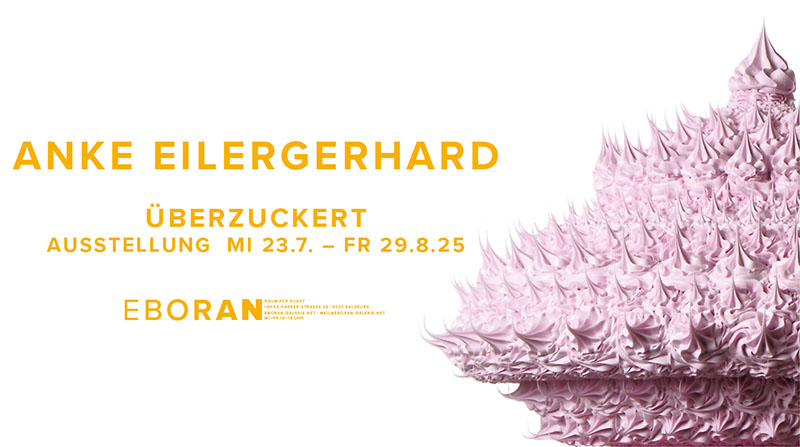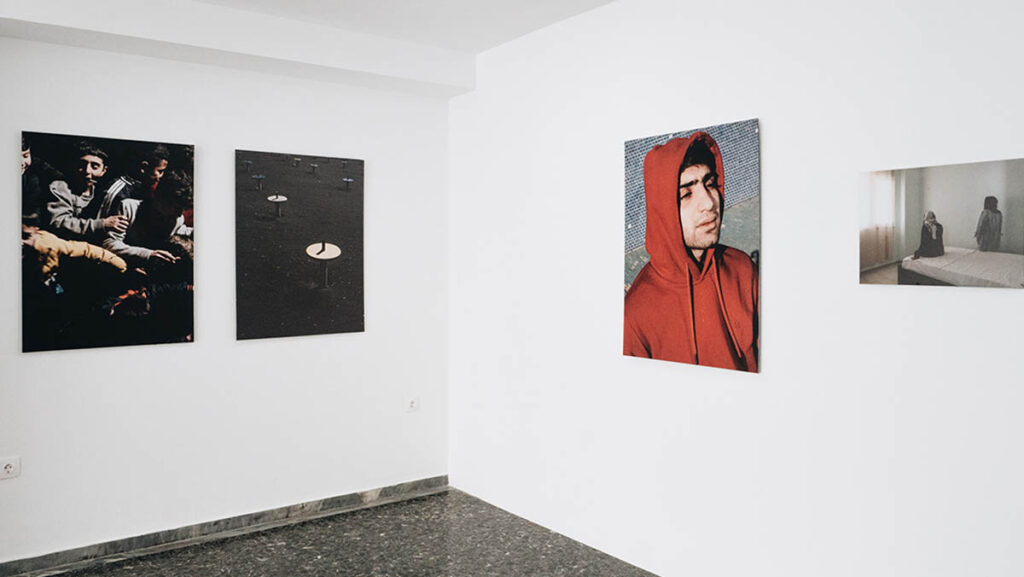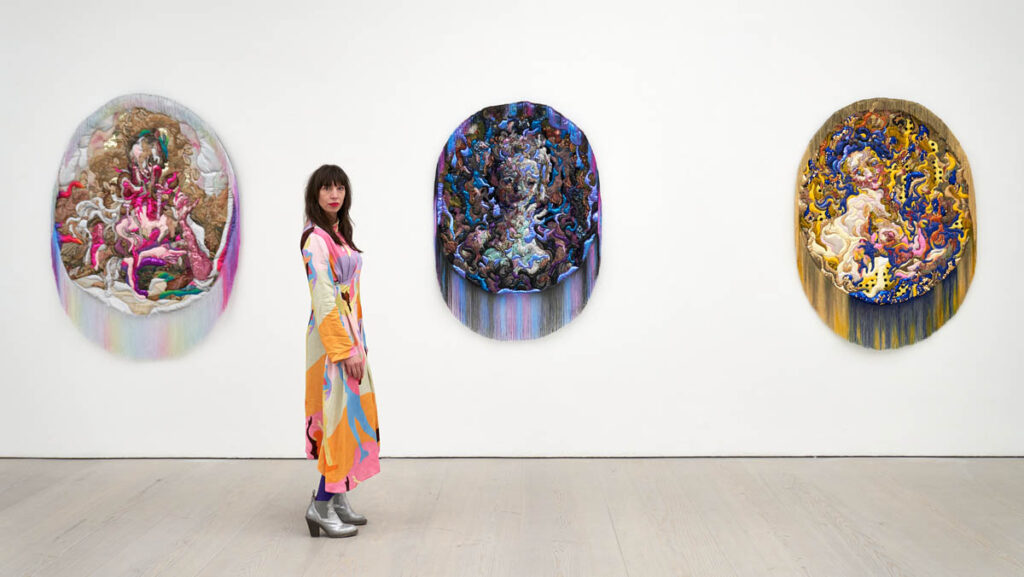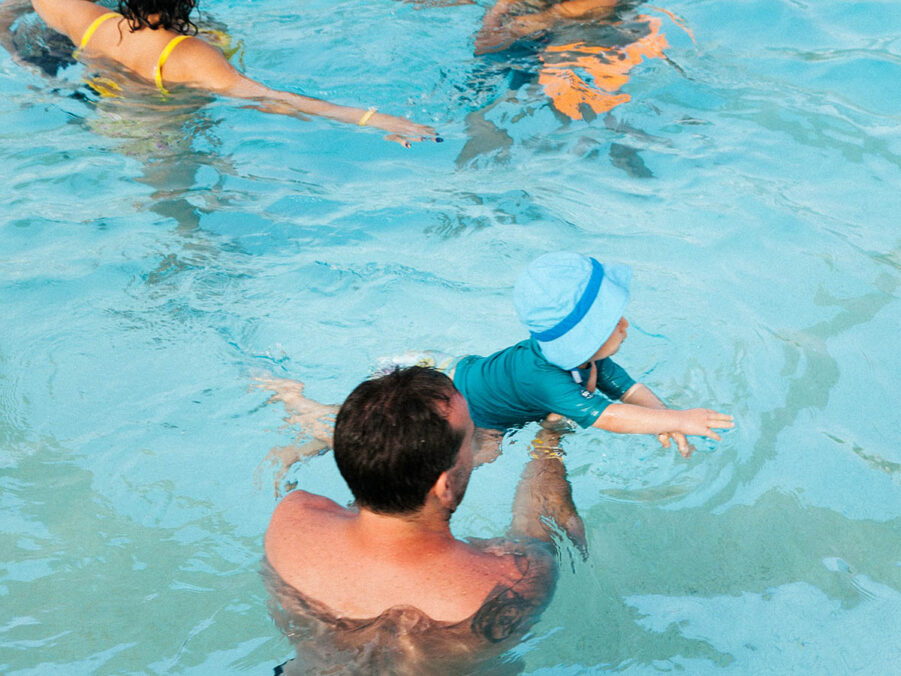
Can you tell us about your background?
I wasn´t interested in photography until my mid-20s. My dad was a photographer and so were a lot of people in his family so, maybe because my parents got divorced when I was 5, I wanted to be anything but a photographer. One day, in 2003, my friend Marcos Bauzá, a hell of a photographer, came back from India and showed me his slides; it was like seeing photography for the first time and I fell in love immediately. I told my dad, and he gave me an old camera, and lots of expired slide rolls, and, sparked by Marcos’ experience, I went to India as well. A couple of years later, when I already was working as a photographer, I realized I was doing the same my dad, my grandfather, and my great-grandfather did, and that it couldn´t just be a coincidence.
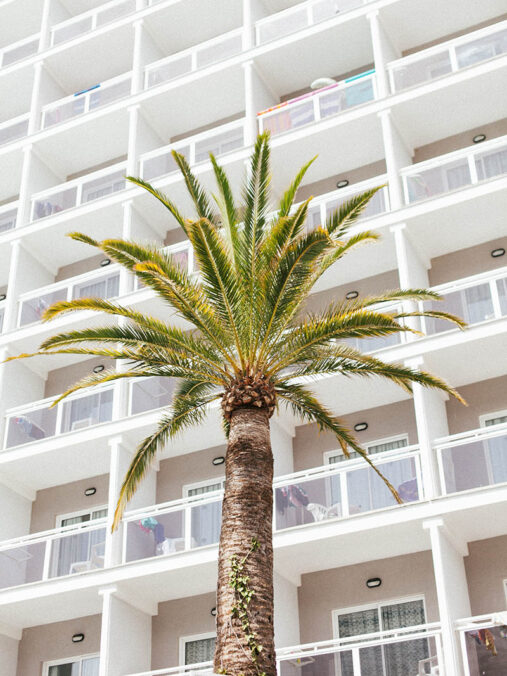
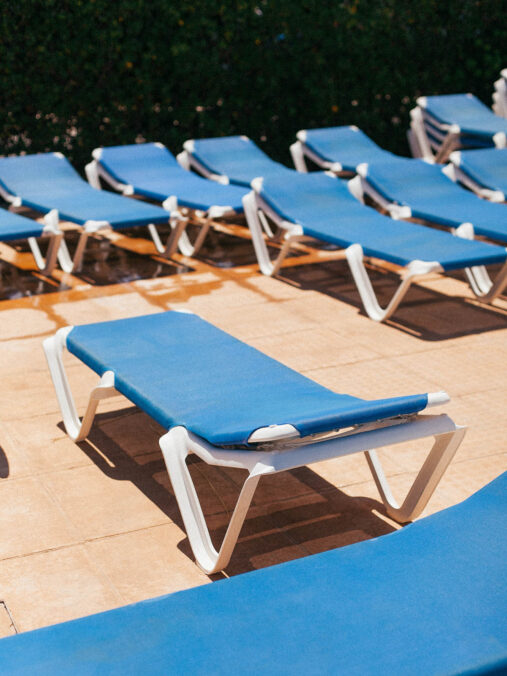
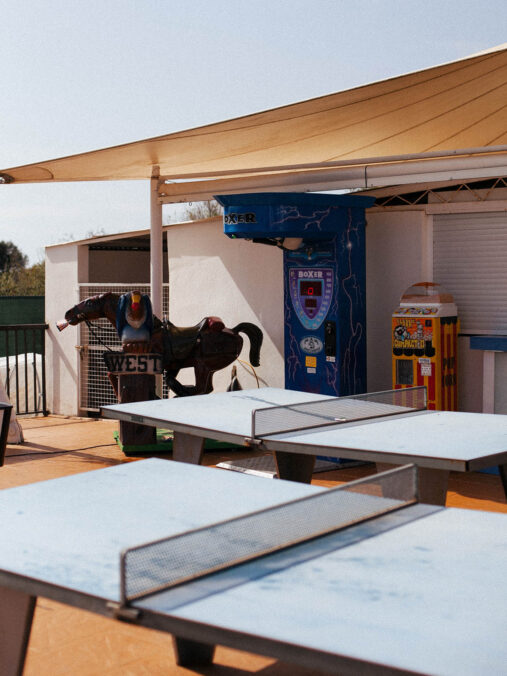
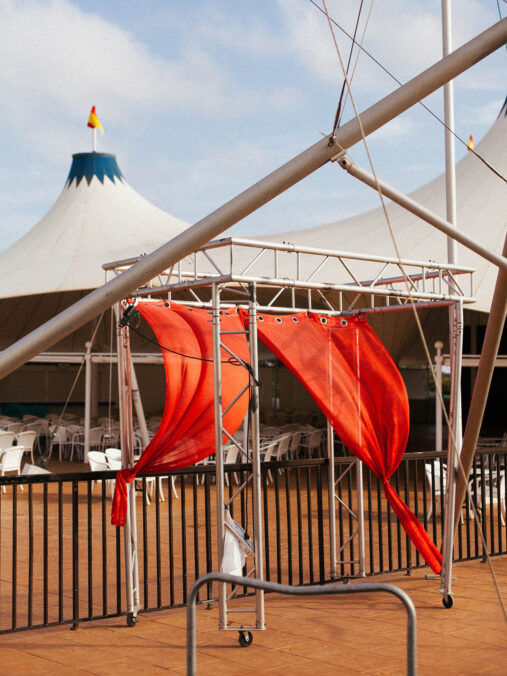
How did you find your style?
There is little hocus pocus in that, I think I’m going through that path regularly, in the one hand it´s about referents: the subtle but precious things that remain with yourself from each of them; and on the other hand, it´s about dealing with personal issues: insecurities, frustration and, very important for me, deal with the expectations of the photographer I thought I would be versus the photographer I am, and accept that this is going to change eventually. The first might be about adsorbing and the second about letting go, which is the hardest, of course.
Which project do you remember gladly?
I´m grateful to all of them, but there is one “The thousand faces Heroine” in which I tried to work about how poisoned by patriarchal society and mythology were my stance as a man and my relationship with women. I considered that project an absolute failure for many years until I accepted it the way it was and took the valuable lessons it had for me: I´m not a staged photographer, also that for therapy, I´d better turn to a therapist, and always be aware to leave an entrance for the others because if I´m too personal, the language becomes too hermetic, and I feel the project as a soliloquy, and this doesn´t work for me.





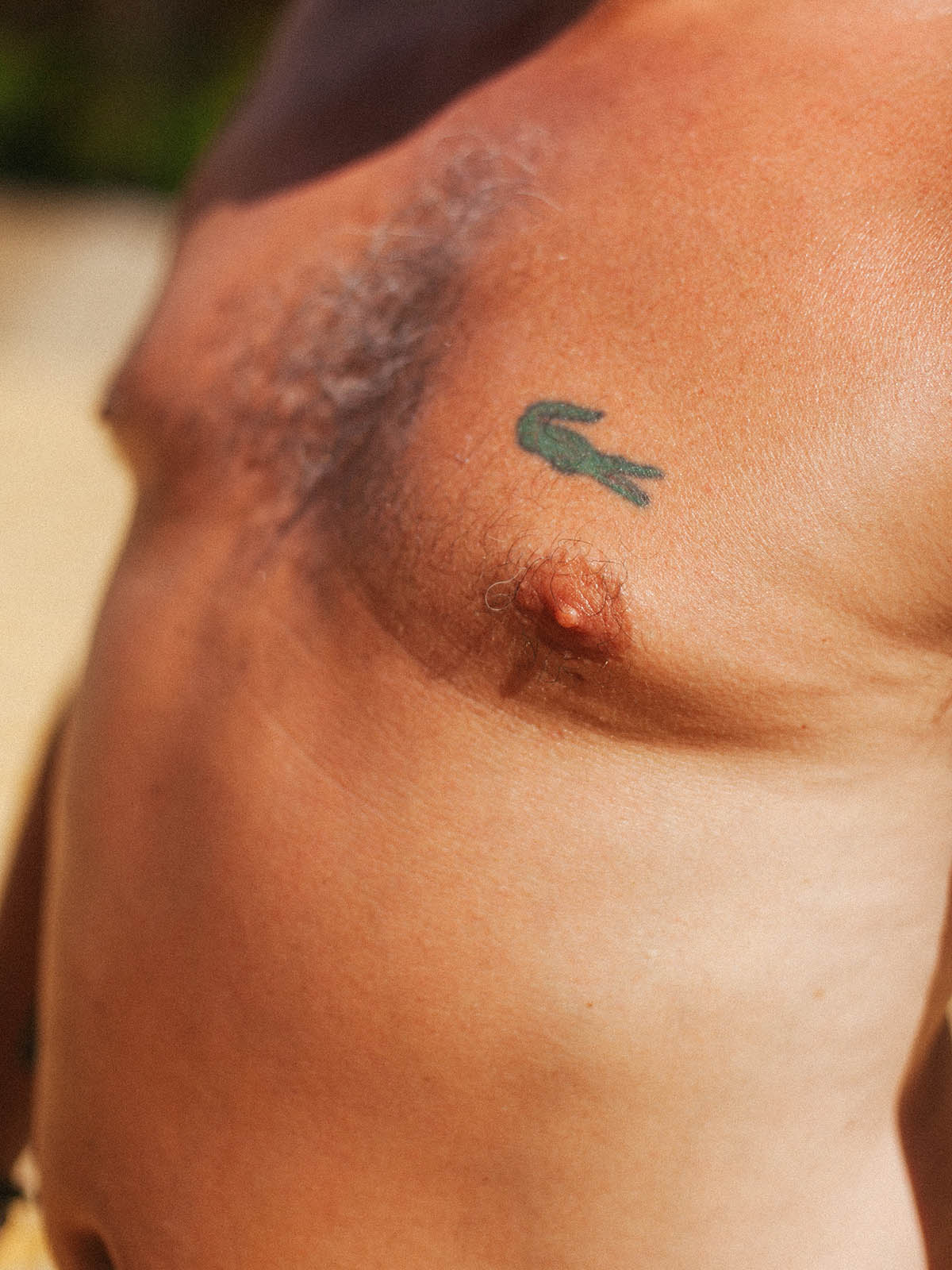


Can you tell us more about „Hotelités“?
Sure, until my 16, I spent summers with my dad, he was a photographer in Torremolinos, a hot spot in Costa del Sol for sun and beach tourism. He worked almost exclusively in hotels, he even had a camera and developing store in one of those big hotels with swimming pools and palm trees, so I spent there the whole time; also, many of the significant “first times” of my life, happened in that hotel. 40 days after he passed away I got an assignment from a hotel company to go to all its hotels making photo reportages of daily life, trying to tell how was the user´s experience. It was also the kind of “all included” hotel company, so I found myself, 25 years later, wandering around that kind of hotel. It shocked me how nothing had changed in those years, ok the cast is different, but the script, the scenery, and the characters, the Hotelités, are the same. Cell phones were the only sign of the passing of time, that´s why I discarded all pictures including one. So, in a way, apart from a documentary series about these sort of time capsules, this series is a tribute to my dad and the time I spent with him in that hotel, and to everything that it implied.
How did you come up with the idea?
I think life brought it to me on a silver platter.
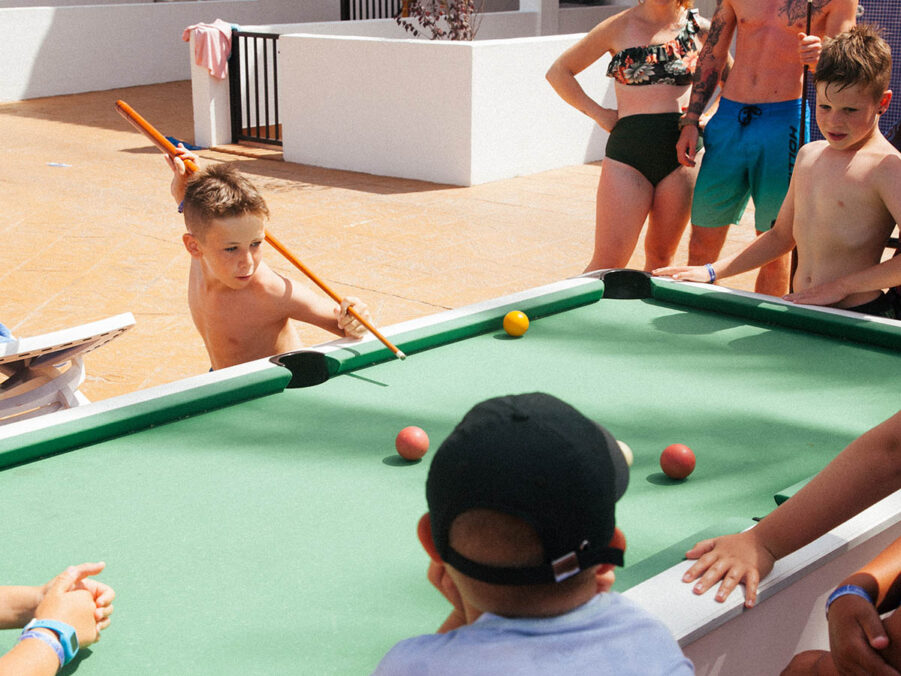
What is the craziest thing that has happened to you as a photographer?
Taking assignments as a freelance photographer has taken me to places or situations I´d never have gone to otherwise. I remember one time a colleague and I were hired by PACMA, the Spanish animalist party, to go undercover and document bullfights in a couple of very small village festivals, so they could get a record of any animal abuse or practice against the law. I remember dressing up to come across as a bullfight enthusiast, even having invented a background story in case someone talked to me. One of the villages was so small that everybody knew we were foreigners, and obviously, city boys photographing and filming their bullfight. Everybody was so suspicious, and tension reached a point that we had to go away escorted by police.
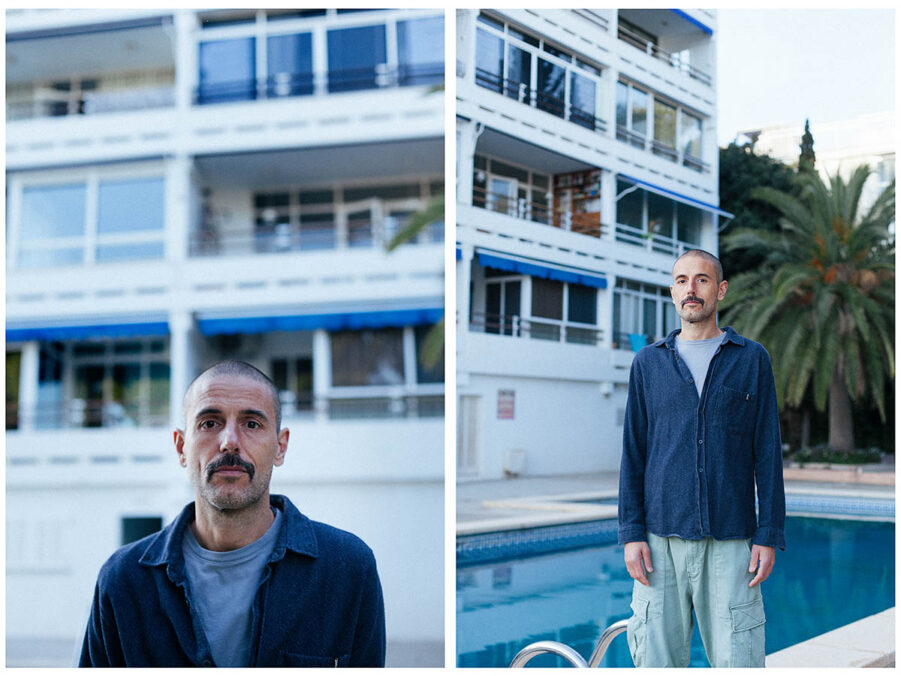
Do you already have plans for the summer?
I´m in the middle of scanning the rolls of the project I´m working on, so I think I´ll go through the editing and final shooting during the summer. Apart from that, I hope to enjoy as much as I can the obvious benefits of living in Mallorca.
Juan David Cortés – www.juandavidcortes.com, www.instagram.com/juan.david.cortes/



